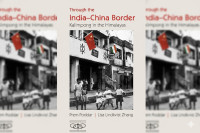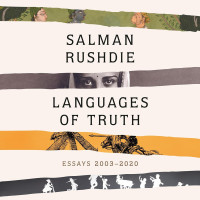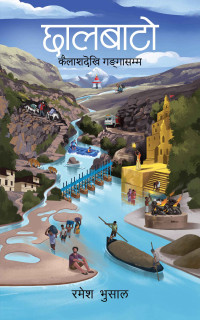Books
Books are my travel companions
They allow you to be critical of the world around you. They also help you understand a person’s struggles.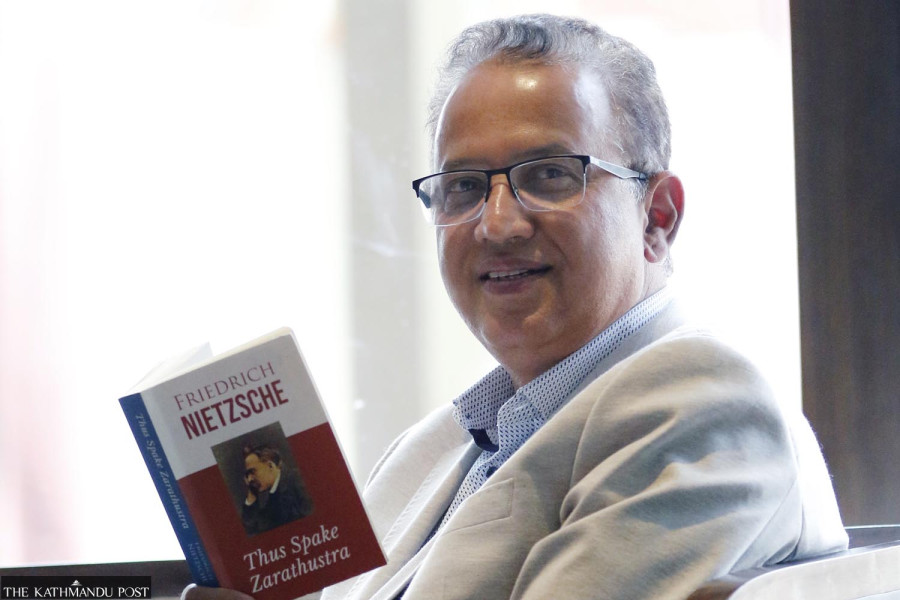
Jiba Lamichhane is a businessman and the former head and founding member of the International Coordination Council of Non-Resident Nepali Association (NRNA). Lamichhane has been awarded the ‘Prabal Jana Sewa Shree’ award, one of Nepal’s highest honours by former President Dr Ram baran Yadav for his remarkable service to Nepal and the Nepali Diaspora. He has published two travel memoirs ‘Sarsarti Sansaar' and 'Desh Deshawar'. In this interview with the Post, Lamichhane talks about how books have become his travel companion, the experiences of writing travel memoirs, and the books that have made a difference in his life.
How did you get into reading?
I developed a habit of reading during my childhood. There was a time when reading materials other than textbooks were not readily available. As my dad was very spiritual, he had a wonderful collection of legendary religious scriptures like the Mahabharat and the Ramayana. The words and melody of the verses in these texts had a great influence on me. I used to read those scriptures by myself when my father was away. At the time, there were very few newspapers, and there were no online resources. But somehow, I always found something to read. During those days, I would read anything other than my textbook.
How did Jiba Lamichhane, a successful businessman, become a literature enthusiast?
I opened a Facebook account in 2009. When social media became popular, I began adding friends and sharing anecdotes and experiences from my travels. I used to write about what I saw during my visits to different places and about things that caught my attention. Social media provided an excellent platform for me to share my travel experiences with my friends and family. I was encouraged to write about my experiences in greater depth after getting favourable comments from them.
Everybody motivated me to write, saying the travel stories would turn out to be very interesting. I gradually developed the craft of writing. What I believe is that each individual has their own set of passions and interests. I am a firm believer in the adage, "If there is a will, there is a way." If a person is enthusiastic about something and wishes to pursue it, they will find a method to do so.
What genres of books do you enjoy reading?
My reading tastes have evolved throughout the years. I used to read romance books when I was younger. But alas, your preferences change with age. I don’t gravitate towards romance novels much these days.
Currently, I enjoy reading fiction, nonfiction, poetry, and memoirs. History piques my attention. Therefore I read books on Nepal's and world history. I enjoy comprehending and embracing the dichotomy and diversity of ideas.
For instance, when I read Friedrich Nietzsche, I'm curious about why he writes his philosophy in the way he does. Reading someone’s literature does not mean you need to agree with them. Reading is a terrific method to learn about new ideas, different opinions, and a new perspective on everyday things. As long as the writing is good, I enjoy reading anything.
Why is it important to read books?
Literature, for me, is a medium to fulfil the quest of learning new things. Books allow you to be critical of the world around you. They also help you understand a person’s struggles. Reading is my hobby, and I thoroughly enjoy it. Books are also my companions during my travels. I never feel lonely when I travel with a book. I also read for a couple of hours every day before going to bed. This has been a long-standing habit of mine. Books broaden your horizons of knowledge. They open up new frontiers of beauty and imagination. Human psyche is fickle, and books teach you to focus and concentrate.
Is there another book in the works after Sarsarti Sansar and Deshdeshaawar? Can we look forward to your long-awaited autobiography?
I have no plans of writing a biography as of yet. I am a regular person, so I don’t know if my autobiography would be that interesting. But I really wish to continue writing about my travel experiences.
I am someone who really enjoys travelling. On my trips, I take notes. I also spent a significant amount of time in Russia and have collected drafts of a personal memoir based on my stay there. I have written about my childhood and other experiences. I plan to publish a memoir before my next travel collection. It will include stories from my upbringing as well as events that have shaped my life. I've already collected 20-25 of these stories. I intend to publish the memoir in 2023.
Do you have any suggestions for aspiring writers?
Writing takes practice. Despite being an avid reader, I didn't write much in my earlier days. I used to compete in my school's essay-writing contests, but that was about it. Writing demands a great deal of perseverance and persistence. Great literature and philosophy may be something else. But, writing about everyday conversations and events requires regular practice. I made both my sons write from a very young age, and both of them have published books. My younger son had his book published when he was 12. Since they have practised writing from a very young age, they are now able to write on any given topic with ease. So, you should keep writing whatever comes to your mind. This is a craft that will get refined over time.
Everyone enjoys travelling. If you want to write travelogues, your personal story should be reflected in them. Why did you go on that trip? When and where did you travel? In my case, a new place entices me because of its people, lifestyle, geography, politics, and history. Readers, too, appreciate learning about new areas through your eyes. When you add life to your travel journals by including your interactions with the people you meet, your texts become more intriguing. I'm not sure if this adheres to the guidance for creating a travel journal, but I enjoy incorporating these elements into my writing.
In the global sphere, where do you think Nepali Literature stands today?
I've read literature from all across the world. When I compare Nepali literature to that of the rest of the world, I notice that we also have unique theories and experiments mirrored in our literature. Excellent works of literature in Nepali deserve proper translation. If we can accomplish this, there are certain writers and novels that can compete on the global stage and show our presence. Nepali literature is younger than French or Russian literature. It is commendable that Nepali literature has grown into something with substance within a relatively short time.
What is one book that has significantly influenced your life?
The Mahabharat is a book that I thoroughly enjoyed reading. I read it when I was in the fourth grade. During my first read, it was just a collection of stories. It was when politician Pradeep Giri spoke about the various characters in Mahabharat at the Nepal Literarture Festival in Pokhara a few years ago that I gained a deeper appreciation for the epic. For me, the Mahabharat depicts modern society. We live in a perpetual state of conflict in our homes, communities, and nations. Any situation I come across, I always find a way to connect and learn from the wisdom of Mahabharat.
'The Difficulty of Being Good' was one of the books that I read during the lockdown. My favourite part about the book is the way it draws a parallel between Mahabharat and the modern corporate world. Dhritarastra was blinded by his love for Duryodhana because of this his empire collapsed. But eventually, everything collapsed. A similar incident happened with the Satyam Computer Services scam, which was India's largest corporate fraud until 2010. Just like a modern-day Mahabharat, a corporate empire falls apart due to accounting fraud. So, I realise now and again that the characters from these epics that seem so far in the past are real-life characters who live among us.
Jiba Lamichhane’s book recommendations:
Mahabharat
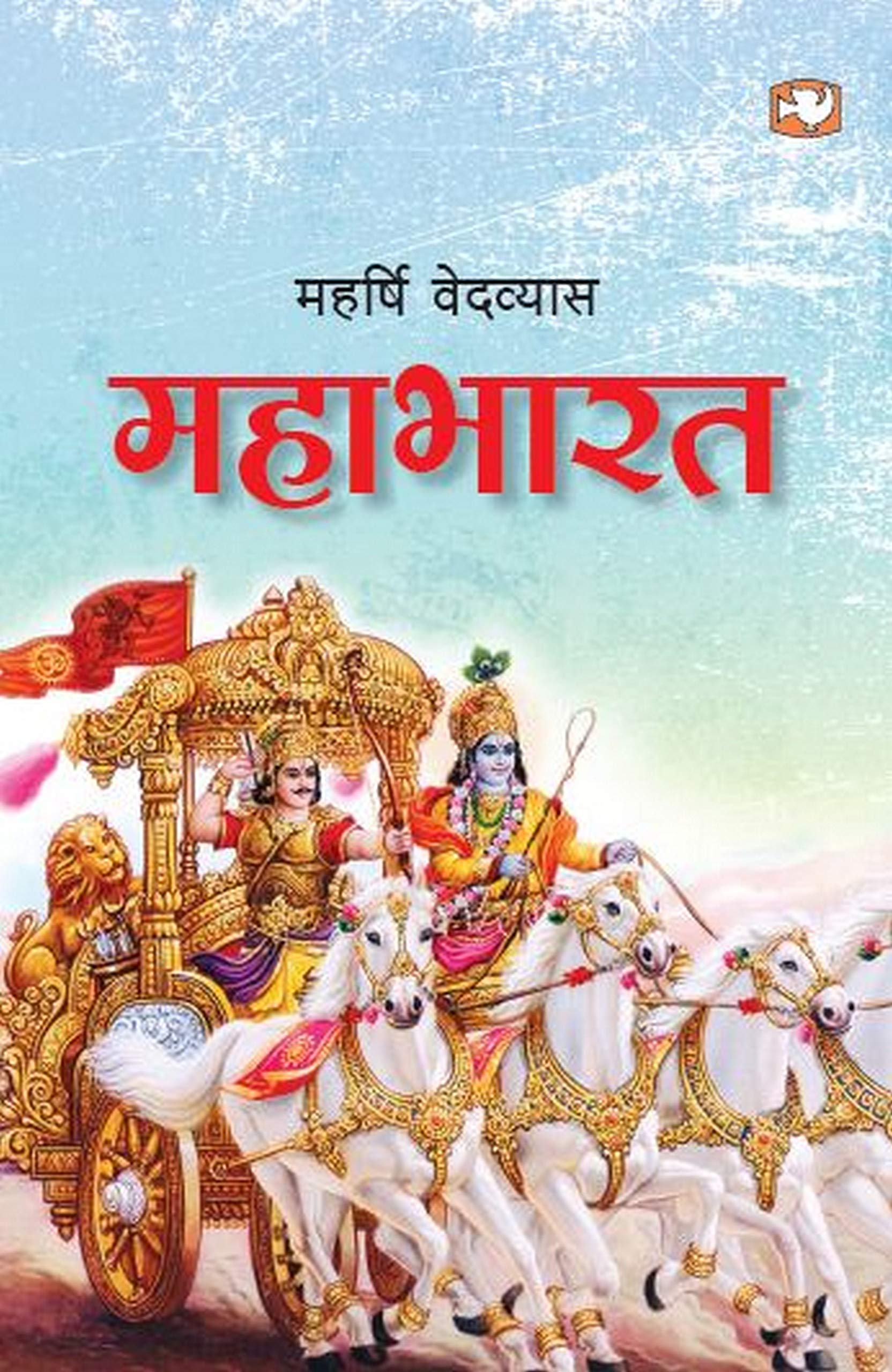
Author: Ved Vyas
The Difficulty of Being Good

Author: Gurcharan Das
Publisher: Oxford University Press
The Old Man and the Sea
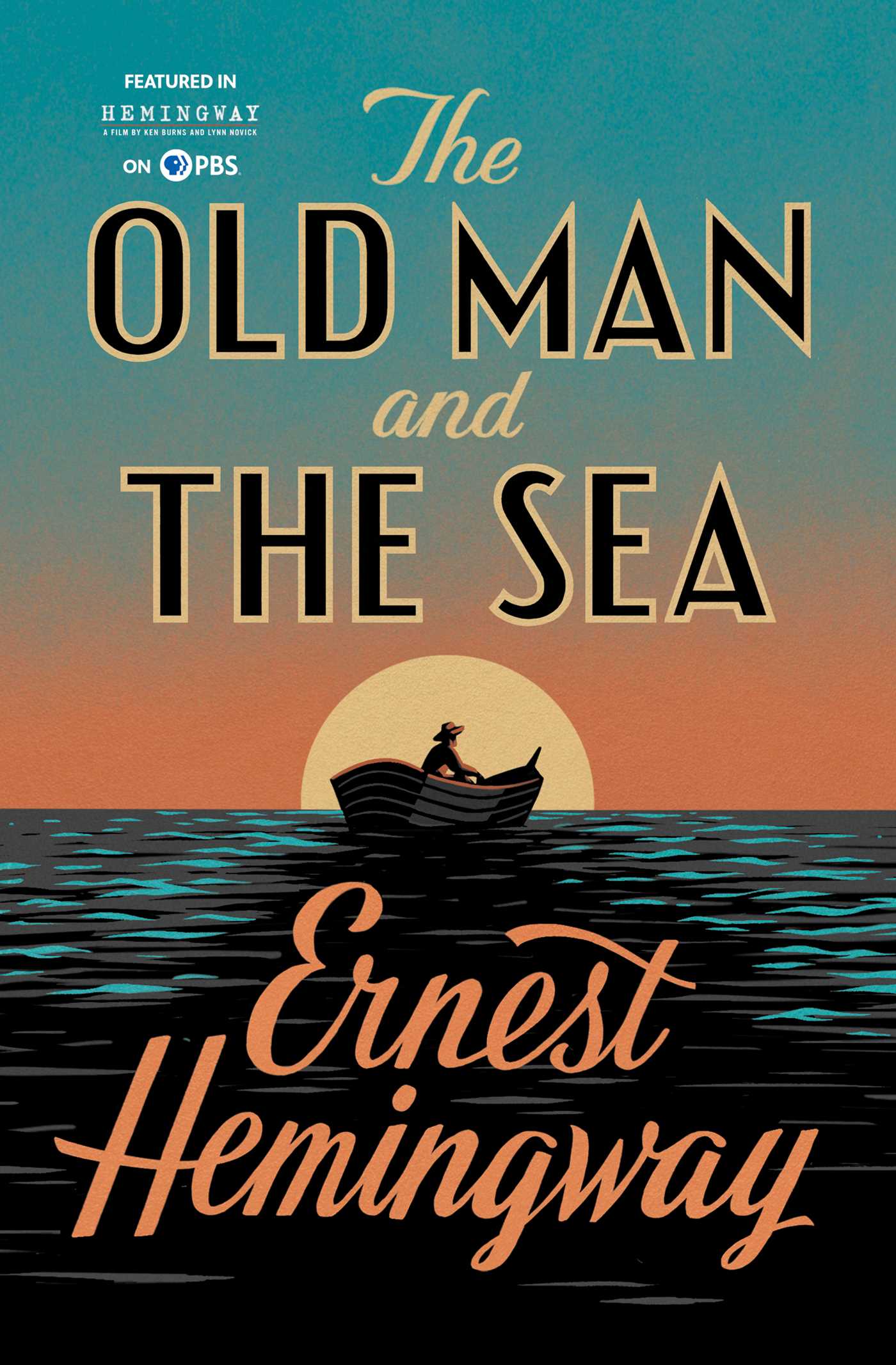
Author: Ernest Hemingway
Publisher: Charles Scribner's Sons
Animal Farm
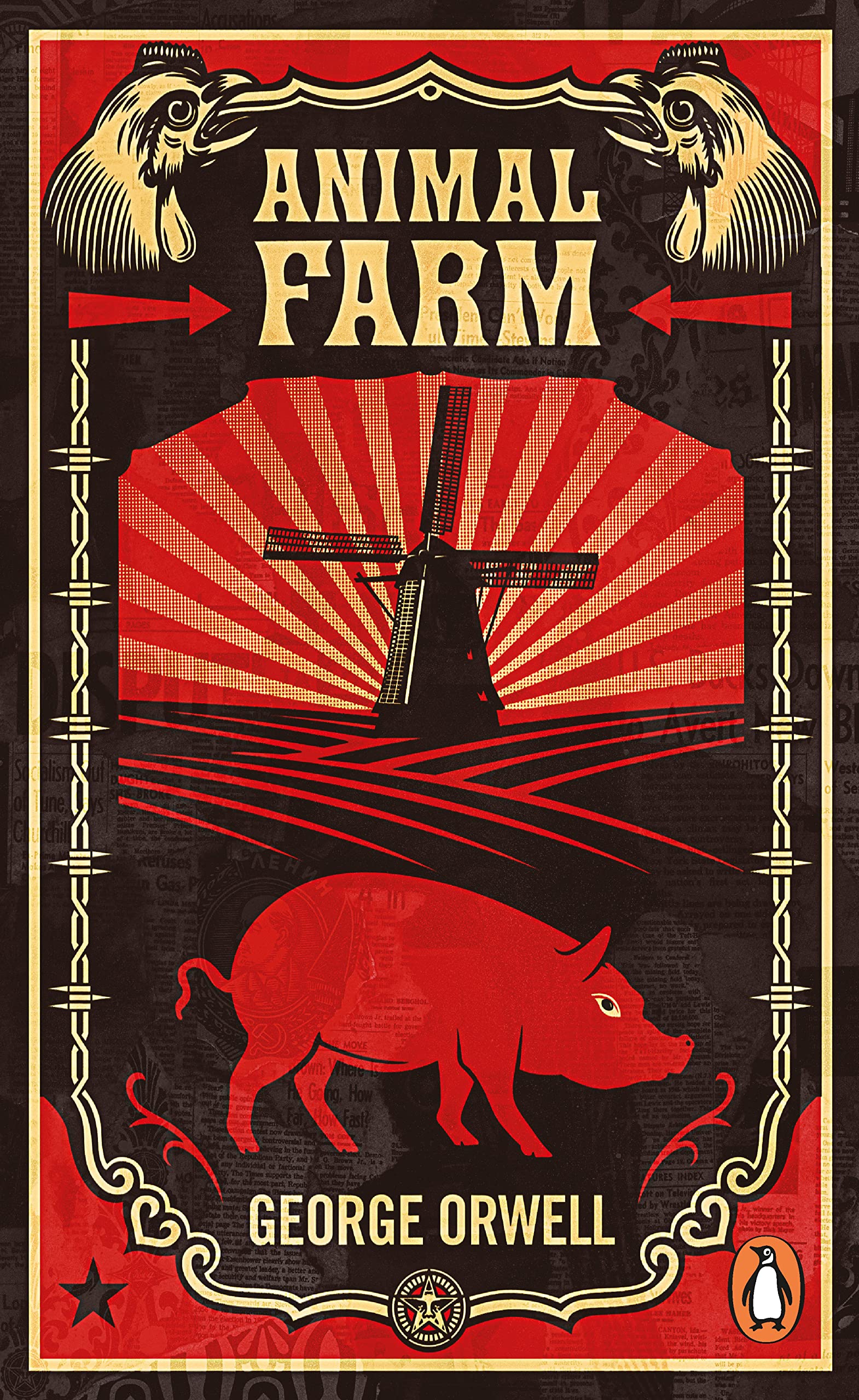
Author: George Orwell
Publisher: Secker & Warburg
Sumnima
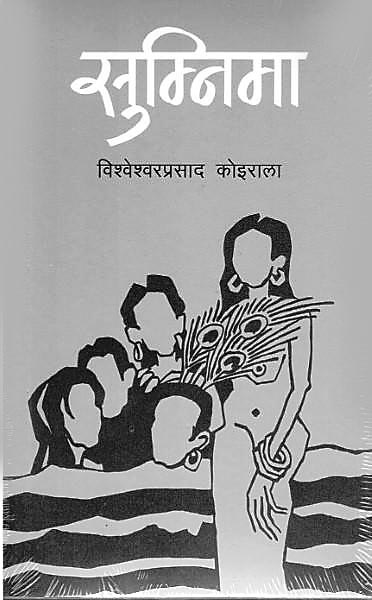
Author: BP Koirala
Publisher: Lipi Books
Paniko Gham
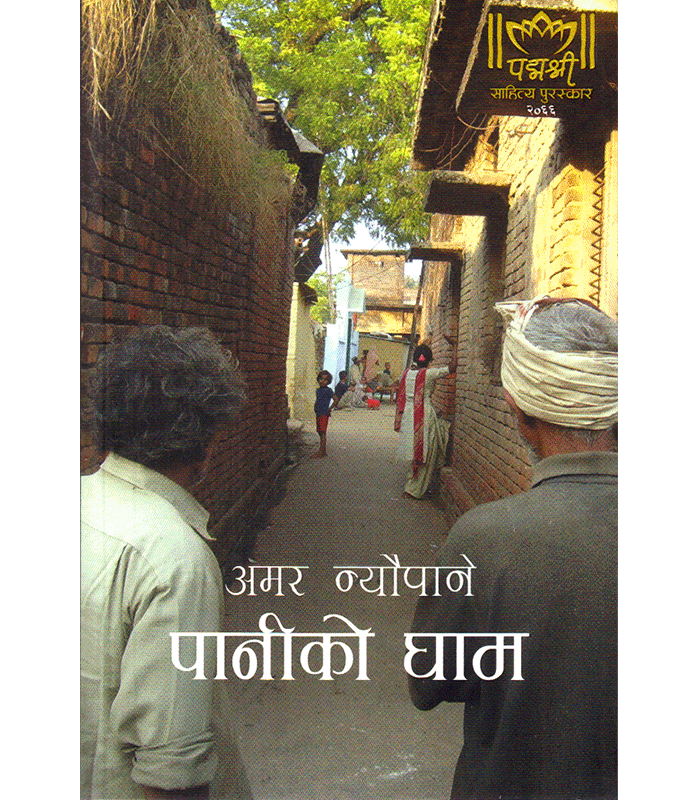
Author: Amar Neupane
Publisher: FinePrint Publication




 9.12°C Kathmandu
9.12°C Kathmandu


